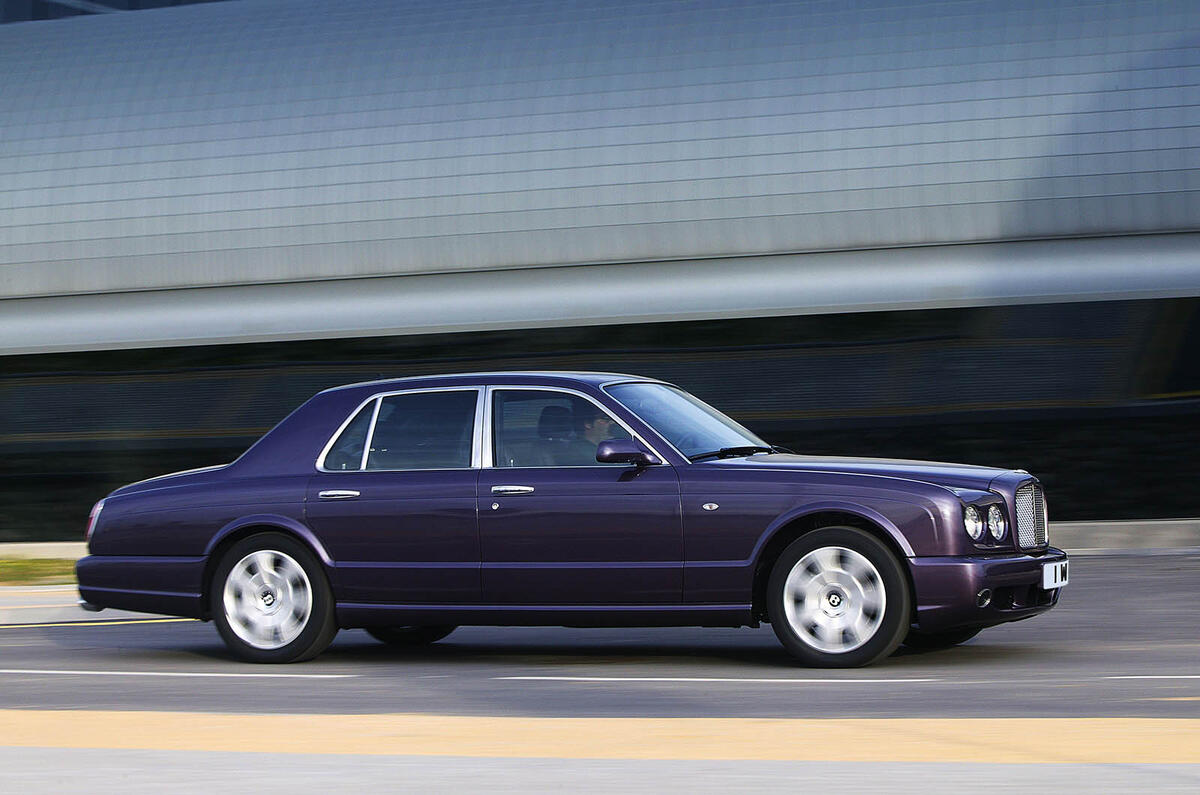When Volkswagen got its hands on the Bentley brand and factory in 1998, it didn’t have much to work with.
The Arnage was based on a low-volume platform engineered on a very tight budget and the Continental coupé was, arguably, even more outdated in terms of its underpinnings.
When VW started work on its first brand-new Bentley, it employed the platform of the big Phaeton saloon. For the Continental GT, this structure was greatly modified, and it provided a super-modern and rigid basis for the new-age Bentley.
The downside was that it used the period Audi powertrain: a longitudinally mounted engine sited ahead of the front axle. So the whole weight of the engine was, in effect, hanging out ahead of the front wheels.
This is highly undesirable when tuning a car for ultimate handling, although the use of permanent all-wheel drive on the Continental GT did offset the problem to an extent.
Although the VW Group’s best engineers have honed the GT chassis over the years, its replacement by the new Porsche-developed MSB architecture will mark a huge change for Bentley in terms of ultimate handling.
By adopting the new platform, future Bentleys will have much-improved weight distribution because the engine will be sitting well back in the nose of the car, greatly improving steering response and turn-in.
You can also be sure this new Porsche platform will have class-leading rigidity to improve the driving experience. So partnering VW Group stablemate Porsche will be a huge lift for the performance of future Bentley models.
Bentley boss Wolfgang Dürheimer talks to us about the future of the brand





Join the debate
Add your comment
Shared parts are an economic reality
As someone said earlier, it's all about the cook.
Yes, which is a shame
Of course parts sharing is
In today's world, very few